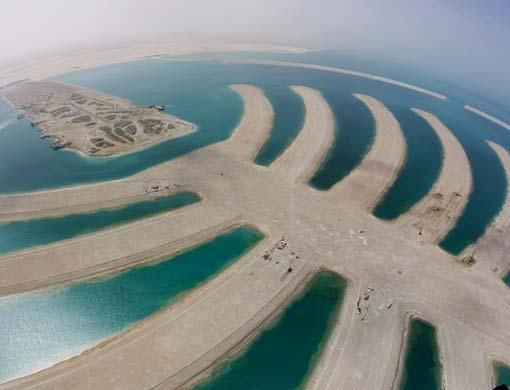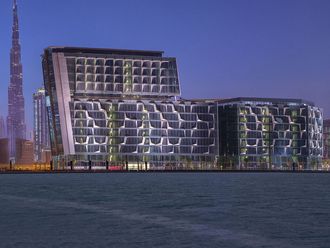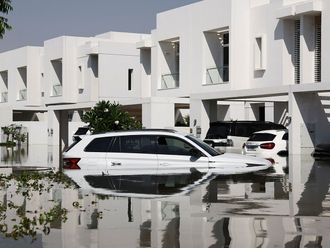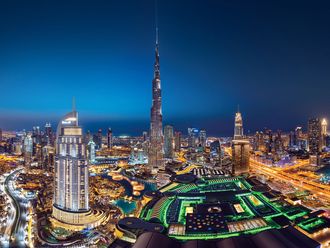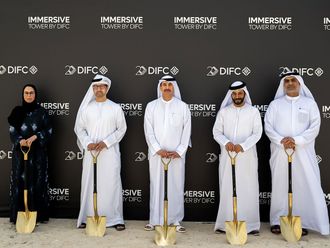Dubai: Nakheel, the real estate developer behind Dubai's three Palm islands, has awarded a $350 million (Dh1.28 billion) contract to South Korea's Samsung Corp for infrastructure work on the Palm Jebel Ali.
Samsung, which is working on the world's tallest building Burj Dubai, will build six of the eight bridges connecting the Dubai mainland to the Palm tree-shaped island's "trunk" and "crescent" sections.
Work has already begun on the bridges that will eventually link to about 125 kilometres of roads on the man-made island, Nakheel said yesterday.
Work on the Palm Jebel Ali started in May 2002 with the construction of the breakwater and the beginning of land reclamation. Ground improvement works began in August 2006. Land reclamation work is almost 95 per cent complete, Nakheel said.
Completion by 2010
Completion of the bridges is due by November 2010 and additional work on the "spine" and "fronds" is expected to be over by the end of 2012.
"The first stage of reclamation is now fully complete. What we are beginning now is the process of turning this achievement into a living, working city with a wealth of residential, commercial and tourism offerings for Dubai," said Marwan Al Qamzi, managing director of the Palm Jebel Ali.
The project is part of Dubai's ambitious drive to become a leading global tourist destination.
Like the Palm Jumeirah, where construction work is under way at a feverish pitch, the Palm Jebel Ali will have commercial buildings, residential areas and hotels. Samsung said it was significant for it to be working on "an incredible feat of engineering."
Dave Chung, regional director of business development for Samsung, told Gulf News the bridge contract is worth $350 million.
The infrastructure being put in place is expected to serve more than 250,000 people on the Palm, located in proximity with the Dubai Waterfront project, another massive real estate undertaking by Nakheel.
The company said the two projects will transform "an area of empty desert and sea into a bustling international community, with an estimated population of 1.7 million people by 2020."


